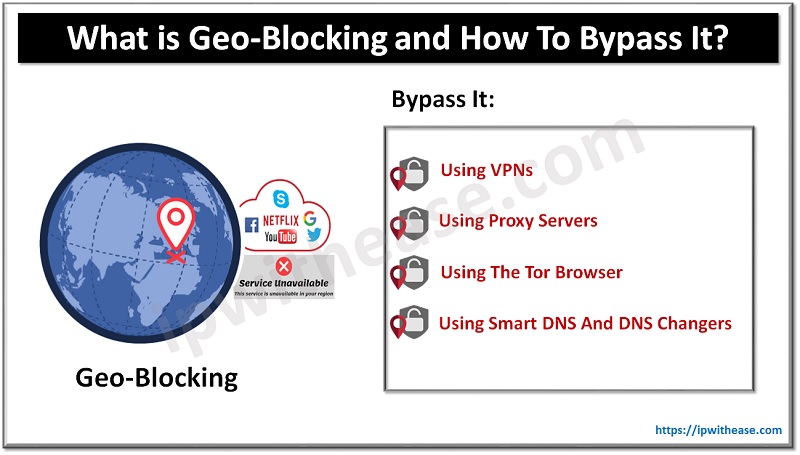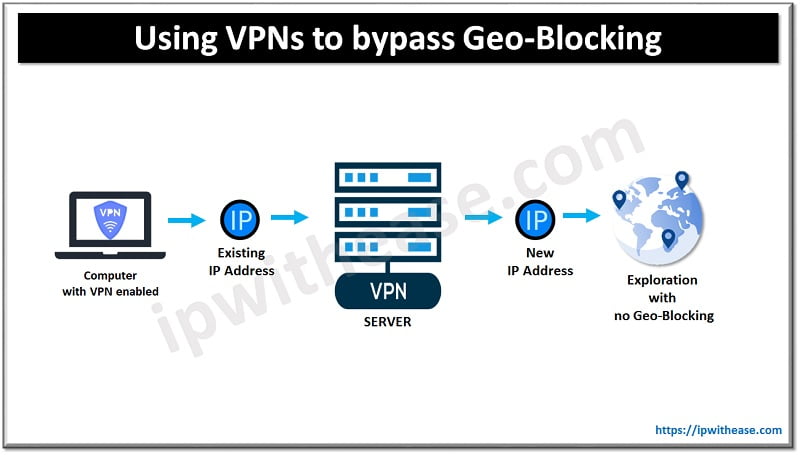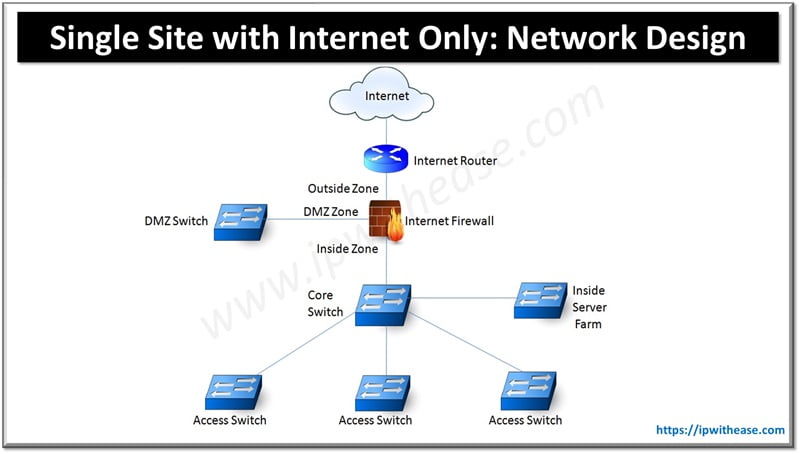Geo-blocking, also known as geo-location or geo-fencing, is the practice of restricting access to digital services based on the user’s physical location. If you’ve ever been traveling and tried to stream your favorite TV show or listen to your favorite podcast, you may have noticed that it stopped working.
That’s because most streaming services use geo-location as a way of blocking content from users outside their targeted area. Geo-blocking can feel frustrating if you’re trying to access content from home while traveling, but fortunately, there are ways around this restriction that not everyone knows about. Let’s take a closer look at how and when we can bypass geo-blocking restrictions!
What is Geo-Blocking?
Geo-blocking refers to the practice of restricting access to digital products and services based on the user’s physical location. In the context of streaming media, this means that you may be prevented from accessing certain content based on the country you’re in.
There are many justifications for this policy, but it’s a common practice that you’ll encounter as a traveler and with certain streaming services.
Why do Streaming Services Geo-Block?
Streaming services are different from typical radio and television broadcasts in that they have to be transmitted digitally. This means that the service provider needs to create a server network to transmit their content to the many different users around the world.
When a service provider has thousands of servers around the world, it’s expensive to host them all. The company needs to
- find the right location to host the servers,
- get permission from the country to build and operate the servers, and
- pay for the electricity and other expenses associated with hosting the servers.
Therefore, a company may decide to host its servers in just one or two locations and block access to its content for anyone outside of those locations. This keeps the cost of providing the service low and makes it easier for the company to manage and maintain its servers.
Is Geoblocking legal?
Geo-blocking is completely legal, but there may be exceptions to this rule. For example, the Digital Single Market initiative has proposed to end territorial discrimination against audiovisual services. This is a good sign that the tide is turning toward a more open internet.
Still, it’s important to be aware of the law when you’re accessing content online and make sure that you understand the restrictions and limitations to avoid getting into legal trouble.

Ways to Bypass Geo-Blocking
There are many ways to bypass geo-blocking to access content that’s otherwise unavailable to you because of your location. We’ll cover some of the most popular techniques below:
Using VPNs
VPNs (Virtual Private Networks) are the best and most reliable way to bypass geo-blocking. It is is a relatively safe, reliable, and easy-to-use method for bypassing geo-blocking worldwide.
They allow you to connect to a different network and make it look like you’re located in a different country.
VPNs are particularly useful when you travel and want to watch content like sports or news that’s broadcasted only in your home country.
VPNs can mask your location and make it look like you’re actually in your home country, even when you’re thousands of miles away. The best VPNs will have
- strong encryption (to protect your data and keep you safe),
- a large network of servers around the world (to get around geo-blocking),
- great customer support (to help you use the product), and
- not cost too much money each month.
There are many VPNs out there, but not all of them are reliable and trustworthy.

Using Proxy servers
Proxy servers are another way to bypass geo-blocking, but they’re not as reliable or secure as VPNs. They act as a middleman between you and the content you want to see online.
You connect to a proxy server (which can be run by anyone), and then the proxy server connects to the website so you can view the content.
The proxy server can see all of your internet traffic, so it’s not a very secure way to bypass geo-blocking. Some major websites, like the Internet Archive and Wikipedia, run their free proxy servers.
You can also use paid proxy servers, which you can find online, but they can be unreliable.
Using the Tor browser
The Tor browser is a free browser that allows you to bypass geo-blocking. It reroutes your internet traffic through a network of computers around the world, which makes it difficult for anyone to track you and see your real location.
Tor is useful for accessing certain content, but it’s not as reliable as a VPN and it’s slower. Tor’s network can be overloaded during certain times of day, which will slow your internet connection and make it difficult to load websites. Still, Tor is a free and reliable way to bypass geo-blocking.
Using Smart DNS and DNS changers
Another way to bypass geo-blocking is with a Smart DNS service. Like a VPN, a Smart DNS service reroutes your internet traffic through a server located in a different country.
You sign up for a free account, input the server location you want to connect to, and change your DNS settings on your device.
Smart DNS is a bit less reliable than a VPN, but it works well for most people. The best part about a Smart DNS service is that it costs less than $5 a month.
Final Words
Geo-blocking may sometimes feel unfair, but it’s important to remember that it serves a purpose. Streaming services use geo-blocking to keep their costs low, provide content tailored to specific audiences, and prevent copyright and piracy issues.
Geo-blocking isn’t something you can completely avoid, but there are ways to bypass it, like using a VPN or a Smart DNS service. If you’re traveling and want to watch your favorite TV shows, sports, or movies, simply use a VPN to change your location.
Remember, not all VPNs are created equal, so make sure you select a reputable VPN service that offers strong security and a large network of servers around the world.
Continue Reading:
VPN vs Proxy: Detailed Comparison
Rotating IPs: Benefits, Legality & Best Practices
ABOUT THE AUTHOR

I am here to share my knowledge and experience in the field of networking with the goal being – “The more you share, the more you learn.”
I am a biotechnologist by qualification and a Network Enthusiast by interest. I developed interest in networking being in the company of a passionate Network Professional, my husband.
I am a strong believer of the fact that “learning is a constant process of discovering yourself.”
– Rashmi Bhardwaj (Author/Editor)



